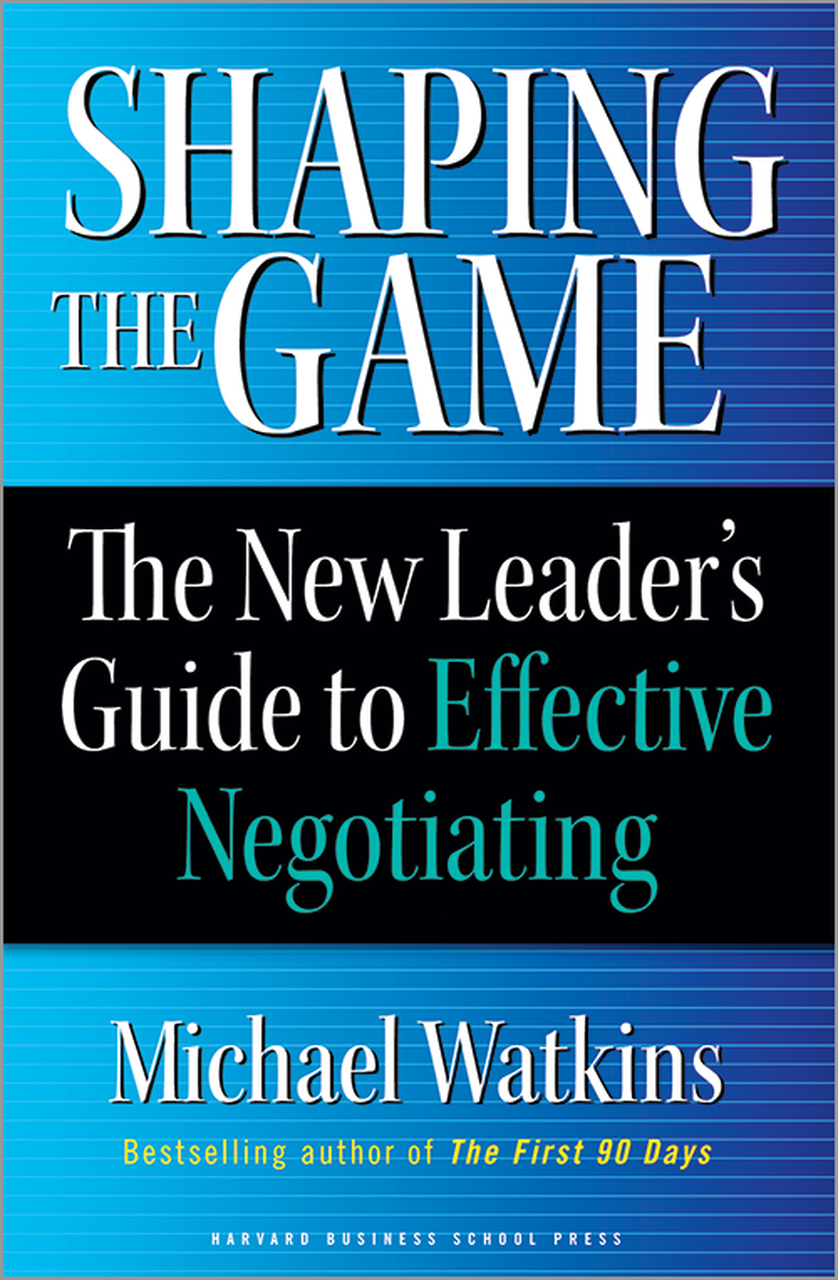Episode 71: Michael Watkins
The First 90 Days: Planning Your Success
A determined leader is often motivated by the desire to take risks and move forward. Michael D. Watkins, the transition guru and author stresses the importance of succeeding in your next career change. Success during the adjustment phase will propel you to more challenging roles. Failure will irreparably harm your career and organization. These are the main points of his best-selling books The First 90 Days and Master Your Next Move.
Michael emphasizes the factors that affect an executive’s transition to a new organization— identifying the different kinds of changes that will be crucial to a leader’s career, from promotion to making an international move, or even to turning around a business in crisis. Join us and get to hear why companies prefer to hire external talents, the psychological barriers that hold back CEOs, and overcoming the “corporate immune system” for effective cultural changes.
Episode Quotes:
Why do most companies look for talents outside instead of promoting internally?
“Companies now have a big incentive to get people up to speed quickly, right? No question. Which is wonderful for me and the work I do. It's terrific. They have a pretty big incentive to provide those people with the tools they need to do that job. They have virtually no incentive in developing those people for future roles. Because the odds are very good, you've been eloquent about it, that they're not going to stay in that company. Why would you do that?”
Thoughts about undervaluing internal talent
“I do think that it's easy to undervalue your internal talent. It’s almost a version of familiarity breeds contempt or under appreciation, right? The shiny object on the outside can look a lot more attractive, even if you're paying more for it, and even if you have to bring that person up to speed. I'm not saying, there aren’t real cases sometimes for bringing in talent externally, but I don't think there's sufficient appreciation often of the internal talent. That feeds that cycle you're describing. People say, “Okay, I'm not going to be appreciated. I better go someplace else”.”
Relating the eight kinds transitions to Marshall Goldsmith’s What Got You Here Won’t Get You There and Peter Principle
“Marshall Goldsmith's What Got You Here Won't Get You There —that's just so accurate because as you move up through an organization, it is indeed absolutely true, right? The skills that got you to a certain level are not necessarily the ones that are going to get you further. That's the root of the Peter Principle. You got promoted to your level of incompetence because you don't adapt. You continued doing what you've done in the past. And at some point, that's not just not good enough anymore.”
Does today’s pace of change require accelerated leadership development?
“By the nature of the speed of what's going on, the generational shift, the complexity of the issues people are facing—we need people to get up to that level of capabilities much sooner than they did before. And that presents some real risks. People just don't have the decades to season themselves as leaders, to do what they need to do today.”
Culture and transformation in the workplace
“You're not prepared to change your culture, you're not going to succeed in all the other kinds of transformations that you want to be pursuing. Whether it's digital transformation, new business models or new ways of working.“
Time Code Guide:
00:01:55: Why wasn't there a field dedicated to the transition of leaders and executives
00:03:48: How the author ended up working in this field
00:07:00: Why aren't there more studies about what makes transitions successful for leaders?
00:14:01: The classic feature of leadership
00:17:02: Why do competent people resign from their jobs
00:21:45: Becoming a better leader and the eight kinds of leadership transitions
00:27:47: Michael Porter and the New Psychology of Strategic Leadership
00:31:35: Managing expectations when planning and setting strategies
00:33:36: Weighing your strengths at a corporate and individual level
00:36:13: Knowing when you've matured for the role and ready to harvest the fruits of what you've sown as a new leader
00:39:37: Psychological barriers to advising CEOs
00:43:10: Overcoming the corporate immune system
00:45:41: When new leaders have to create cultural change in the organization
00:48:53: Managing unpredictable situations proactively
00:55:43: Creating learning and development programs both at university and corporate level
Show Links:
Guest's Profile:
His Work:








